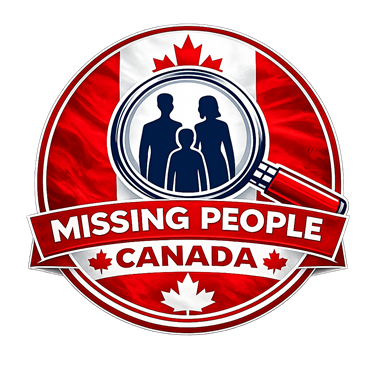Canada has a significant number of missing persons cases, with thousands of people reported missing every year. The reasons for these disappearances are varied and complex, ranging from foul play to voluntary disappearance. The impact on families, friends, and communities is devastating, and finding answers and closure can be a long and difficult process.
According to the RCMP’s Canadian Police Information Centre (CPIC), there were over 60,000 reports of missing persons in Canada in 2020 alone. While many of these cases were resolved, with the individuals located or returning home safely, some cases remain unsolved. In fact, there are over 2,000 active missing persons cases in Canada today.
The reasons for disappearance can vary widely. Some individuals may be victims of foul play, while others may have disappeared due to mental health issues or other personal challenges. In some cases, individuals may have voluntarily disappeared, seeking a new life or leaving behind difficult circumstances.
The impact of missing persons cases on families and communities cannot be overstated. The uncertainty and lack of closure can be devastating, and the toll on mental health and well-being can be significant. Families and friends of missing persons often experience profound grief and anxiety, and may struggle to maintain hope and cope with the ongoing uncertainty.
For Indigenous communities in Canada, the issue of missing and murdered Indigenous women, girls, and two-spirit people (MMIWG2S) is particularly acute. According to a 2019 report from the National Inquiry into Missing and Murdered Indigenous Women and Girls, Indigenous women and girls are 12 times more likely to be murdered or missing than non-Indigenous women. The report identified systemic racism, discrimination, and marginalization as root causes of this crisis, and called for urgent action to address the issue.
The Canadian government and law enforcement agencies have taken steps to address the issue of missing persons in recent years. In 2019, the federal government launched a national missing persons DNA program, which aims to match DNA from unidentified human remains with profiles from missing persons cases. This program has already resulted in several successful identifications.
Law enforcement agencies across Canada also work to raise awareness about missing persons cases, and to support families and communities affected by these tragedies. The RCMP has a dedicated missing persons unit, and many local police forces have their own specialized units and resources to investigate and resolve missing persons cases.
While the issue of missing persons in Canada remains complex and challenging, there are resources and support available for families and communities affected by these tragedies. Anyone with information about a missing person is encouraged to contact their local law enforcement agency or Crime Stoppers to help bring closure to families and solve these cases.





